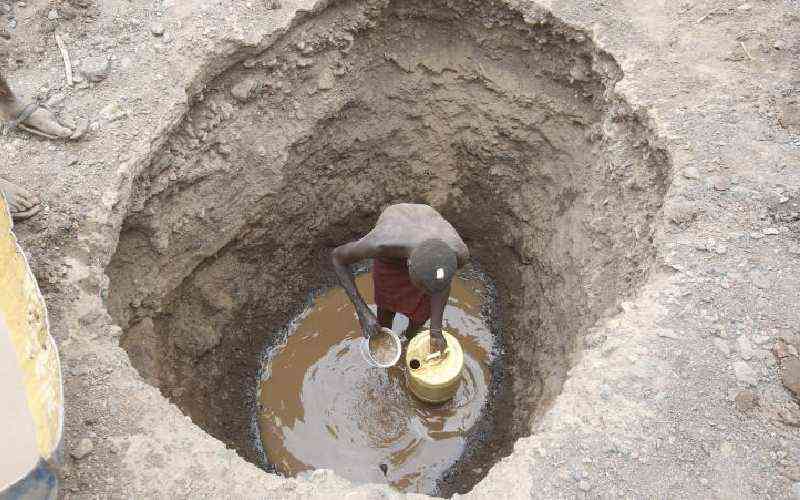×
The Standard e-Paper
Informed Minds Prefer The Standard

Audio By Vocalize

The 'loss and damage' fund at the concluded COP27 in Egypt is a big win for developing countries, such as Kenya and the Horn of Africa
"I am sparing some food to take to my mother after school," a five-year-old girl from Kilifi County told me during lunch break, as her little hands held an empty container by her side, trying to divide the meal so that she can eat some and take the left-over for her mother.

